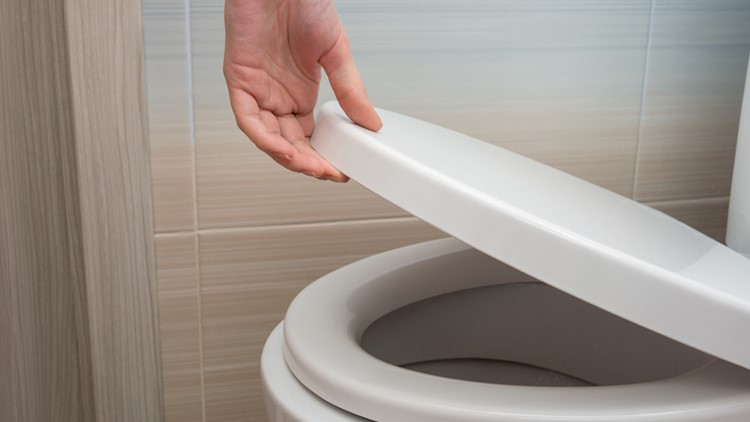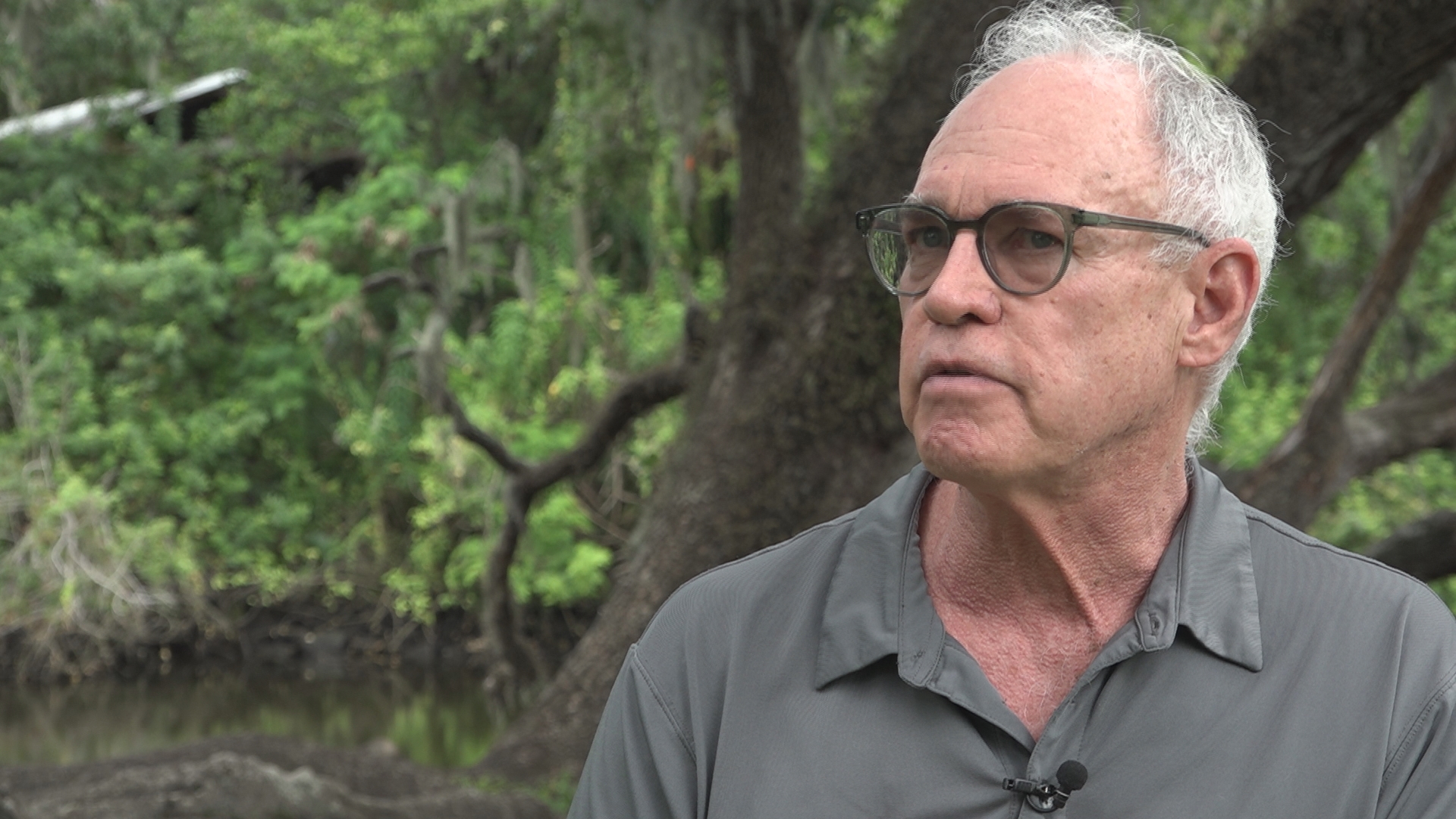ST. PETERSBURG, Fla. — Don't forget to put down the seat: Tiny airborne particles from a flushing toilet, fecal matter included, could harbor COVID-19.
It's possible those little droplets could hang in the air long enough to be inhaled by another person or land on nearby surfaces, according to research published Tuesday in the journal Physics of Fluids.
But it's not yet fully understood whether toilets contribute to the spread of coronavirus and if those viral particles remain infectious to another person. The study at least has people thinking about how to keep up a certain level of cleanliness during a pandemic, The New York Times reports.
The team at Yangzhou University in China, using computer modeling, found a toilet's aerosols could be flung into the air at a distance of up to 3 feet.
"... flushing the toilet without putting the lid down is a bad habit," the team wrote.
It's widely known COVID-19 is an infectious respiratory disease, meaning it thrives in and around the lungs. That's why masks are highly recommended -- they might not completely protect the wearer, but they help to prevent particles from spreading from an infected person.
Researchers in May found it's possible COVID-19 can infect the intestine and multiply. It explains why the virus has been found in stool samples and sewage in South Florida is "chock-full" of the virus, an infectious disease expert said.
The question still remains, however, whether inhaling the viral particles could allow someone else to become infected with COVID-19.
"The viral load in fecal matter and the fraction of resulting aerosol containing the virus is unknown. Even if the virus were contained in the produced aerosols, it is unknown whether the virus would still be infectious; there is not yet clear evidence for fecal-oral transmission," Bryan Bzdek, an aerosol researcher at Britain's University of Bristol, said in a statement as reported by CNN.
- Bucs release first photos of Tom Brady in team uniform
- Florida sees highest number of COVID-19 cases yet: 2,783 in one day
- Nurse and theme park workers among 16 men arrested for child porn, Polk sheriff says
- Gatlinburg Skybridge glass cracked by visitor
- President Trump signs executive order on policing reform
- CDC posts everyday tips for minimizing COVID-19 risk
- Epidemiologist says data can be misleading and coronavirus is spreading in Florida
FREE 10 TAMPA BAY APP:
►Stay In the Know! Sign up now for the Brightside Blend Newsletter





